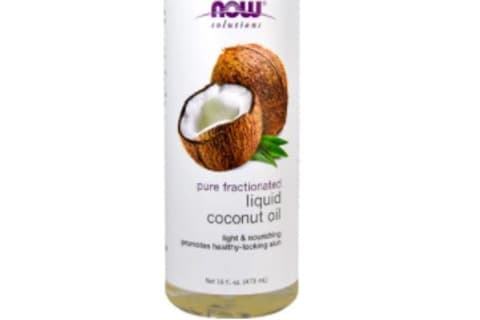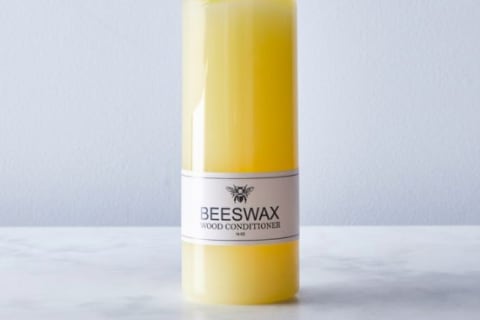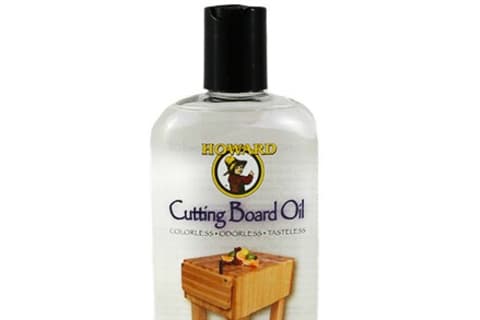Here’s why it’s important to lather up your prep surface and how to do so safely. Oil repels water, preventing moisture-loving bacteria and germs from settling into the grooves on your board. So even if you don’t cook all that much, oiling is still a good habit to get into. To further drive home why oiling is so essential, Tarek Alame and Tiffany Yu, the co-founders of California-based cutting board company Sonder LA, compare a dry board to dry hands: “The more often you wash your hands, the dryer they get. When your hands get too dry, your skin may start to crack. You want to oil your board before the cracking happens,” they explain. Oiling also makes your board look better, by drawing out its natural color and dulling the appearance of knife marks. The Sonder LA team considers coconut oil a good option as well, but they add that it should be fractionated. Fractionated oil is processed in a way that removes its long-chain fatty acids, making it liquid at room temperature and less likely to go rancid on your board. While food-grade mineral oil is approved safe by the FDA and there’s no evidence that it’s harmful in a household setting, it’s a byproduct of petroleum production. For this reason, Kristin steers clear of it (“I don’t really want [it] touching any food surface,” she says). The Sonder LA team does use it and finds it effective. Ultimately, it’s a judgment call about what you’re comfortable bringing into your kitchen. Note that most beeswax-based wood oils also contain mineral oil.
Here are a few oils you’re better off saving for cooking: If you pull out your board at least once a day, Alame and Yu suggest oiling it every two to three weeks. If you only use it a few times a week, oiling every three to four weeks should be OK. They add that end grain boards (the ones that showcase the rings, or “ends,” of a tree) tend to dry out faster and might need to be treated more often. If you’re not one to follow a schedule, you can just keep an eye out for when your board looks like it could use some TLC. “I run my hands across my board every time I use it and notice the condition of the surface or whether it’s starting to lose its natural luster, " Cole says. She adds that oiling your board when the seasons change can be a nice way to prep it for a new batch of flavors, ingredients, and cooking styles. Emma received her B.A. in Environmental Science & Policy with a specialty in environmental communications from Duke University. In addition to penning over 1,000 mbg articles on topics from the water crisis in California to the rise of urban beekeeping, her work has appeared on Grist, Bloomberg News, Bustle, and Forbes. She’s spoken about the intersection of self-care and sustainability on podcasts and live events alongside environmental thought leaders like Marci Zaroff, Gay Browne, and Summer Rayne Oakes.





